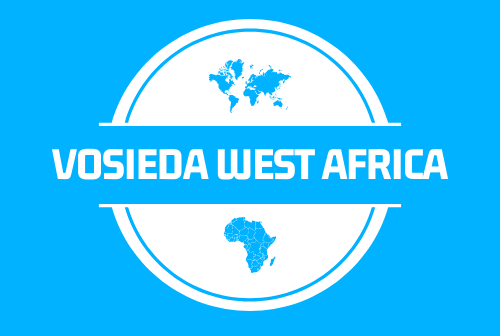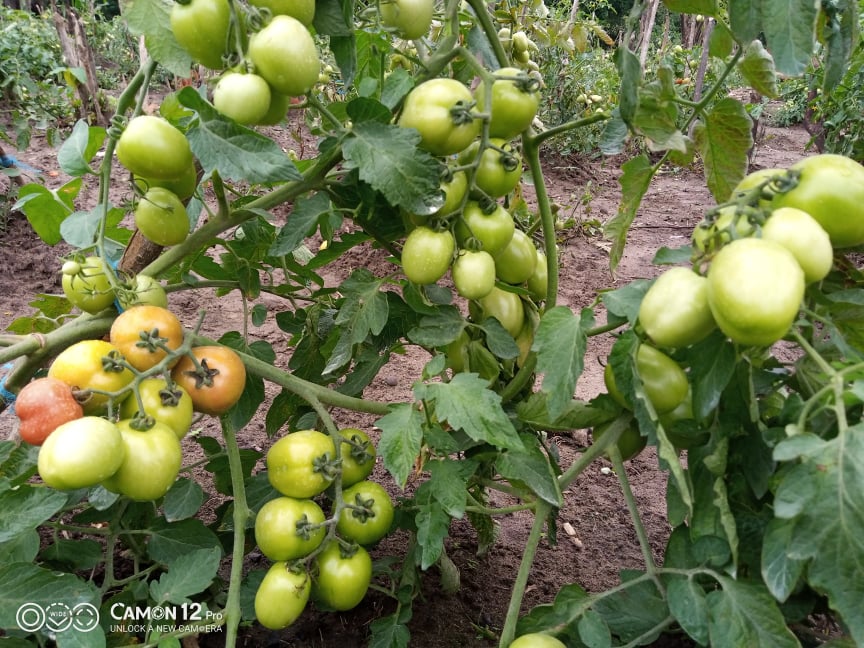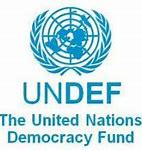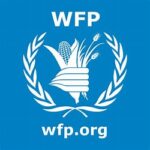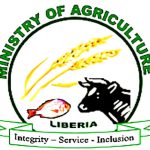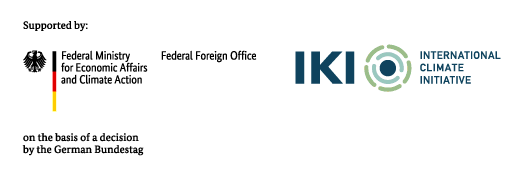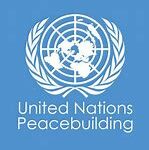Context
Following the two civil wars (1989-1996 and 1990 – 2003), Liberia made significant strides toward consolidating peace, including a transfer of power from the Ellen Johnson-led government to the George Weah-led government, the first in over 70 years. Notwithstanding, the gains and issues identified as the root cause of the wars remain unsolved. Assessments have shown that disputes, lawlessness, corruption, boundary disagreements, and connection-related tension continue to be the main triggers of conflicts.
To address some of the land-related problems, the Liberian government passed the Land Right Act (LRA) in 2018. The LRA is a legislative framework and a milestone in land administration, paving a passage for more equitable, and fair land rights for the citizens of Liberia. Almost 70 percent of Liberia’s five million citizens live in rural areas and own lands collectively through customary law. Despite strong customary claims for the past six decades, the Liberian government claimed all land ownership and has allocated roughly 35-40 percent of the country’s landmass to foreign investment without consulting local community members.
Disputes related to overlapping boundaries, rightful ownerships, conflicting claims, and land gripping are the most pronounced among communities and concessionaries. Communities generally are affected by concessions due to a lack of transparency in allocating land to concessions by the government. Most of the concession contracts are negotiated in Monrovia with no consultations, and neither are the agreements shared with local communities. In addition, activities undertaken by concession companies, such as the production of palm oil, rubber, and the extraction of gold, diamond, and iron ore severely impact the environment and its surroundings.
The Interventions
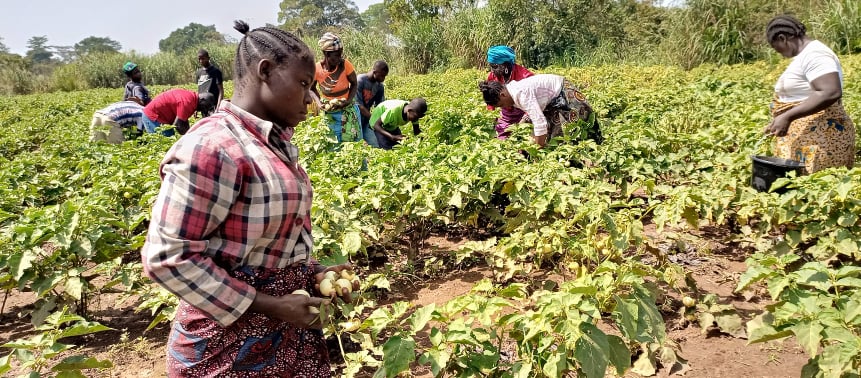
In response, three United Nations agencies comprising World Food Programme (WFP), United Nations Development Program (UNDP), and United Nations Agency for Women Empowerment (UNWOMEN) implement the project: “Sustaining Peace and Reconciliation through Strengthening Land Governance and Dispute Resolution Mechanisms” under the United Nations Peace Building Fund (PBF). The intervention supports the implementation of the Land Rights Act (LRA) and the Local Government Act (LGA).
Within this joint initiative, WFP has a role to help improve the socio-economic security, peacebuilding, and resilience of the affected populations, especially around concessions in the four counties. WFP’s activities are (1) contributing to peacebuilding efforts by using its resilience capacity to support the population affected by underlining issues such as land disputes, youth agitation, and unemployment. (2) To ensure that a community-based approach is put in place to safeguard the resolution of related conflict shocks and transform conflicts into sustainable peace relations.
To achieve the project goal, WFP has entered a corporate partnership with the Volunteers for Sustainable Development in Africa (VOSIEDA) to realize the outcomes allocated to WFP under the joint project. VOSIEDA is working with several agencies of the government of Liberia, and community-based organizations including the Environmental Protection Agency of Liberia, the National Bureau of Concession (NBC), the Ministry of Agriculture (MoA), Liberia Land Authority (LLA), Green Gold Liberia, etc.
Expected Results
- Strengthens the effectiveness, transparency, and inclusiveness of land administration at the national and sub-national (county) levels, and the concession awarding processes. In support of the LRA and LGA implementation, disputes-related structures and new structures were created through the passage of the LRA.
- Improves communities’ understanding of LGA and LRA, concession agreements, and women’s and youth’s rights to land and knowledge and use of land dispute resolution mechanisms.
- Strengthens the existing semi-formal and informal lands dispute resolution such as Multi-Stakeholder Platforms (MSPs) and the new mechanism established with LRA such as CLDMCs, to reduce conflicts in a more transparent, effective, and gender and youth-responsive manner
- Supports the communities including women and youth, in targeted counties to have the capacity and skills to participate in decision – making process of the land disputes mechanism. In support of finding peaceful resolutions for the communities affected by the activities of the concession companies, the project will address the effects of the environmental hazards and propose alternatives livelihoods opportunities, the latter of which will contribute to generating income for the self-sustainability of the existing dispute resolution mechanisms.
- Strengthens coordination between relevant government agencies, civil society, communities, development partners, and concession companies to create a space for more effective implementation of LRS and LGA. Primary beneficiaries of this intervention include communities from targeted counties. Government institutions such as the Liberia Authority (LLA), and Office of the Legal Advisor to the sustainability of the existing resolution such as the Liberia land Authority (LLA)
Key Facts
The United Nations Peace Building Fund (UNPBF) is funding this project through the United Nations World Food Programme (WFP). United Nations Women (UN Women) and United Nations Development Program (UNDP Liberia) are key partners.
Sector: Climate Change, Environmental Sustainability, and Livelihoods
Domain: Sustainable Forest protection, Poverty Eradication, Climate Change, and Agriculture
Benefiting zone: Liberia
Nature: Performance base contract
Duration: 2020 – 2023
Status: Active
